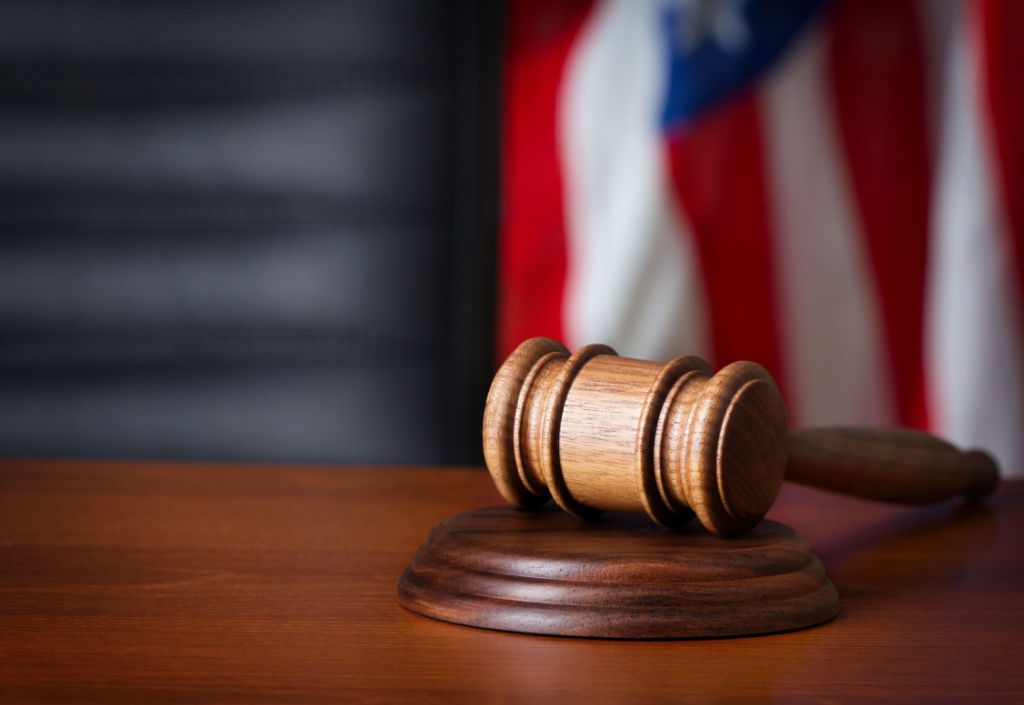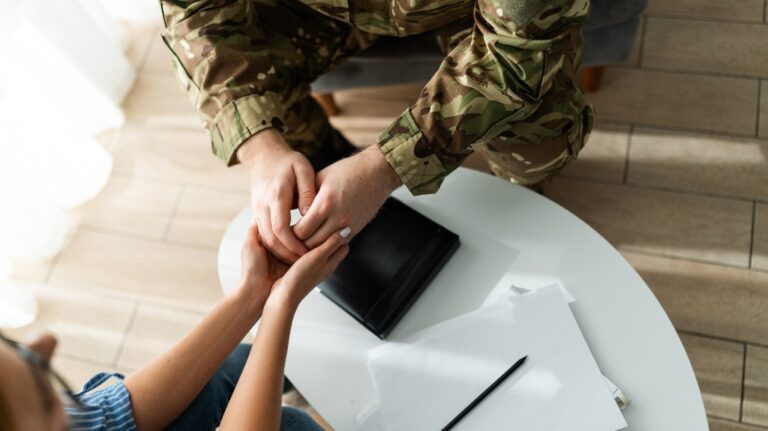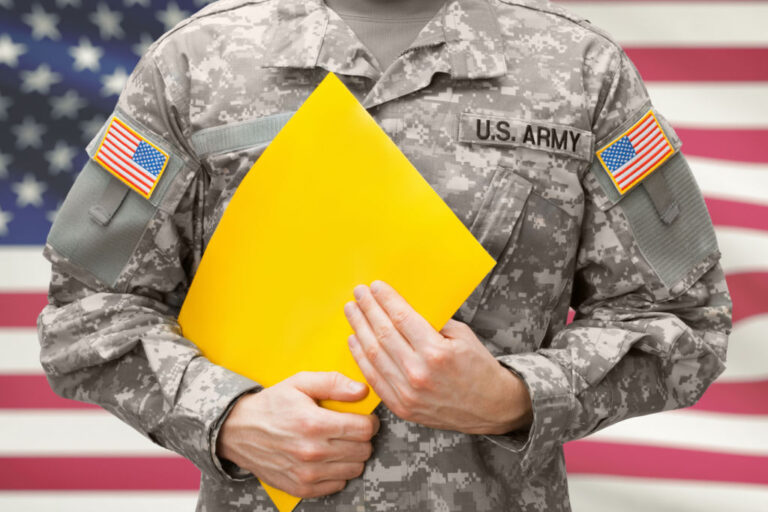In any legal or quasi-legal proceeding, you may hear a reference to the phrase, “burden of proof.” When discussing the burden of proof, courts or decision-makers are concerned with “who” has the burden of proof in that particular proceeding as well as “what” is that person’s burden of proof. The person who has the burden of proof in the proceeding cannot get what they want unless the decision-maker also called the trier-of-fact, determines they have met their burden of proof.

For example, in a criminal proceeding, the prosecution has the burden of proof, and their proof is beyond a reasonable doubt. The prosecution cannot secure a conviction against you unless they convince a jury (the trier-of-fact) that you are guilty of a crime beyond a reasonable doubt. The burden of proof belongs to the prosecution, and their burden is “beyond a reasonable doubt.”
Why Burden of Proof Matters in VA Disability Claims
Your VA disability claim is no different than other legal proceedings. By filing a claim, you are attempting to secure disability benefits from a decision-maker (the VA and the various appellate bodies). You have the burden of proof of showing that you are entitled to those benefits under the law. But what is your burden of proof?
In most civil proceedings (that is, in most non-criminal matters), the burden of proof is proof “by a preponderance of the evidence.” This means the trier-of-fact needs to find your claim is more likely than not true. If the trier-of-fact believes your claim’s assertions could be as equally true as false, or that it is more likely than not that your claim’s assertions are false, then your claim fails.
If you can picture the scales of justice, the preponderance of the evidence means that the scale is tipped, even ever so slightly, in favor of your claim’s veracity. Anything else results in a denial of your claim.
Benefit of the Doubt Rule in VA Disability Claims
In a VA disability claim, your burden of proof is even more generous than a preponderance of the evidence. Suppose you submit your claim and the VA believes that your it is equally as likely that you are entitled to benefits as it is that you are not entitled to benefits. In this case, the VA is supposed to give you the “benefit of the doubt” and grant your claim.
If you have received a denial letter, let our team of experienced veteran law lawyers take a look at your case. If the VA did not apply the correct burden of proof or give your claim the benefit of the doubt, you may be able to secure disability benefits without having to go through the lengthy Board of Veterans Appeals appellate process.
Our firm works diligently to get veterans the benefits they deserve as quickly as possible. Call Veterans Law Attorneys today at (866) 894-9773. You can also visit us online and request a consultation with us.






